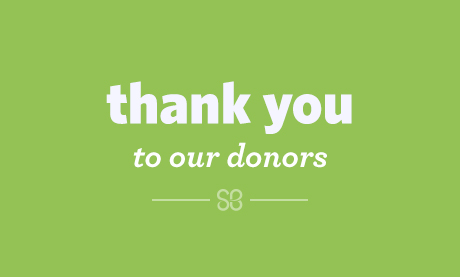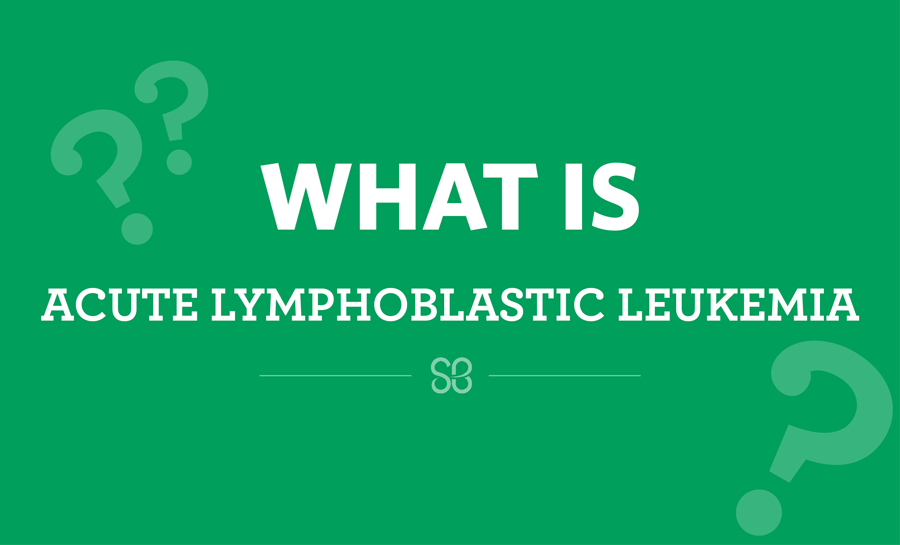
There are no To-morrow’s Research Fund events registered yet.
If you are interested in starting a To-morrow’s Research Fund event, contact St. Baldrick's by email at sbinfo@stbaldricks.org or by phone at 888-899-2253.
The Story Behind This Hero Fund
August 19, 1996--I heard the four words no parent should ever hear, “Your child has cancer.”
Our daughter, Rebecca (Becky) Morrow , was only 12 when she was diagnosed with acute lymphocytic leukemia. What followed was three years of grueling treatments, most of which were cancer causing themselves, or had horrible side effects. But what choice does a parent have when told their child has cancer? We watched helplessly as she had surgeries, invasive procedures, constant infusions of chemotherapy--toxic bags with red warning labels on them. In between all the chemo there are countless transfusions of packed red cells, platelets, and IV fluids. After a week, still no remission--poor prognosis/high risk, the tell me, and they hand me a protocol sheet outlining the next 30 months of our lives. Daily, weekly, monthly, treatments, blood tests, some in hospital, some in the outpatient clinic. Cranial radiation for two weeks. Spinal taps--while she was conscious--withdrawing fluid from her spinal column so they could inject the same volume of chemo right into her spinal fluid. Those months were a blur of trips back and forth to hospitals, blood tests, chemo at home, chemo at the hospital, infections, allergic reactions to some of her treatments--but she had to have them, so they gave her those drugs with a crash cart and an IV full of benadryl in the room. Hell, she even became allergic to the solution platelets are preserved in. Everything I went through, that my husband and my healthy daughter endured, were nothing compared to what she had to suffer. It was not fair. She developed shingles, lost her hair twice, was on "platelet precautions" and every fever over 100 was a life-threatening emergency. She missed almost two years of school, and lost more friends than I have--she would make new friends so easily, but sadly, most of her new friends were cancer patients as well. Through it all, her sensitive, sweet, and spunky personality shone through.
She survived, graduated high school, and went on to California for college. It was there she met her Navy husband, Ben, and it was also there she learned about a new nonprofit dedicated to funding research for childhood cancer--all types of childhood cancer. Through volunteers and head-shaving events, this new foundation was filling the huge gap in critical research funding. Intrigued, Becky signed up for an event in 2008, and has been hooked ever since--shaving her head, holding her own events, volunteering, and of course getting us involved in helping her raise money and awareness. Now a Knight of the Bald Table (for over seven years of dedicated service to St Baldrick’s Foundation), she now organizes St Baldrick’s events every year, no matter where the Navy sends them—she has organized events in California, Virginia, and Missouri. And she does not stop at just forming her own events, either—her passion is contagious and inspires others to organize events in nearby communities. My husband and I went from donating to her events, to forming a team for her event, and finally, in 2018, to holding our own event. Now we, too, are hooked! We wanted to find a way to not just raise money through single, annual events. We wanted to capture the cumulative fundraising impact, to memorialize Becky’s efforts and successes and her story by forming a Hero Fund. With this fund, we can now combine our events, and merge other fundraising efforts as well, and direct that fundraising into specific grants and research.
When I asked Becky what she wanted the focus of this fund to be, where she wants the money we raise to be used, she did not even hesitate: Survivorship. Yes, we want safer, better treatments for childhood acute lymphocytic leukemia, treatments focused on growing bodies instead of trying to adapt adult treatments to children. But more importantly, we want research to focus on areas of surviving treatments. Side effects and late effects of chemotherapy and radiation, the emotional and psychological toll of being diagnosed with cancer at ages too young to even grasp or deal with, as well as other issues have to be addressed and researched. Even though Becky has been disease free for 20 years, she suffers from many latent effects—severe back pain and difficulty in childbirth due to multiple spinal taps and intrathecal chemotherapy, shingles, psoriasis, headaches, panic attacks, anxiety, and short term memory loss are only a few. Children deserve a chance not just to survive cancer, but to experience adulthood as if they never had it.
Hence the birth of To-Morrow’s Research Fund—for a better tomorrow, in honor of Becky Morrow.
Highlights & Happenings
-
 These friends and family members helped us raise funds for childhood cancer research in honor of Becky! See the 2018-2024 list.
These friends and family members helped us raise funds for childhood cancer research in honor of Becky! See the 2018-2024 list. -
 What is ALL?Learn more about acute lymphoblastic leukemia (A.L.L.) on the St. Baldrick's blog.
What is ALL?Learn more about acute lymphoblastic leukemia (A.L.L.) on the St. Baldrick's blog. -
What You Should Know About Childhood CancerChildhood cancer affects thousands of kids and families around the world every year. This infographic shows a few realities you should know.
Photo Gallery
Funding in Action
Donations made to the To-morrow's Research Fund have funded St. Baldrick’s Scholar Grants for Wendy Hsiao, M.D. and Wendy Bottinor M.D.
The St. Baldrick’s Foundation is guided by a Scientific Advisory Committee, comprised of leading experts in the childhood cancer community, to ensure that every dollar makes the greatest impact for kids with cancer.
Who's Involved
These people make us smile - they're the doers and money-raisers on behalf of the To-Morrow's Research Fund. They're shaving their heads, hosting events, starting fundraisers and more to make childhood cancer research possible.
2025 Events
Get Involved Your Own Way
-
![]()
Create An Event
Start your own St. Baldrick’s head-shaving event to support our Hero Fund! A dedicated staff member will guide you every step of the way—and you’ll have fun doing something great for kids with cancer.
-
![]()
Be a Shavee
Register to shave your head and support our Hero Fund at any St. Baldrick’s event worldwide! No event nearby? Go virtual and shave anytime, anywhere.
-
![]()
Start a Fundraiser
Not into head-shaving? No problem! Start a fundraiser for our Hero Fund doing something you love—bike a marathon, host a bake sale, anything goes!
Need help? Email us at Funds@StBaldricks.org




